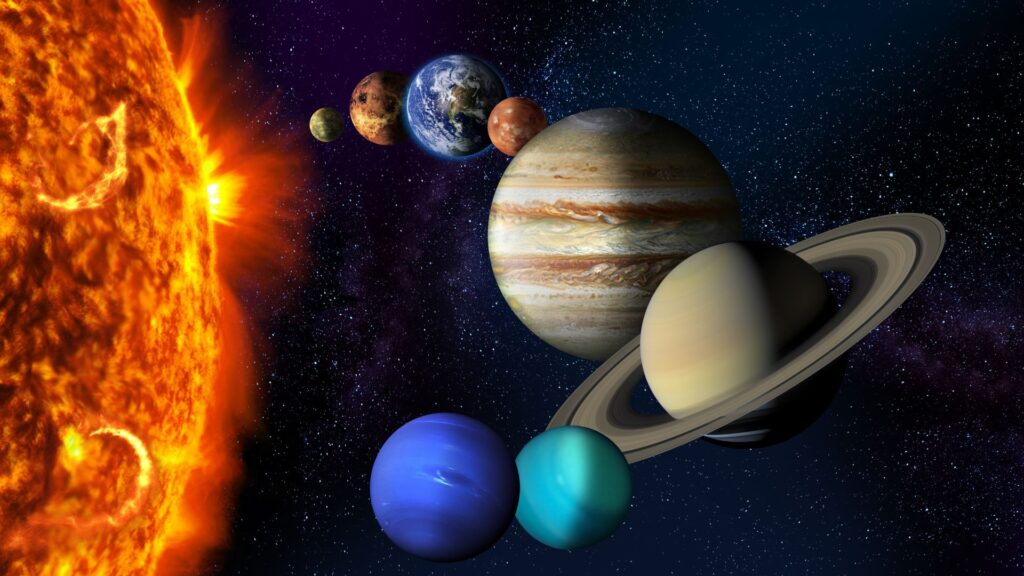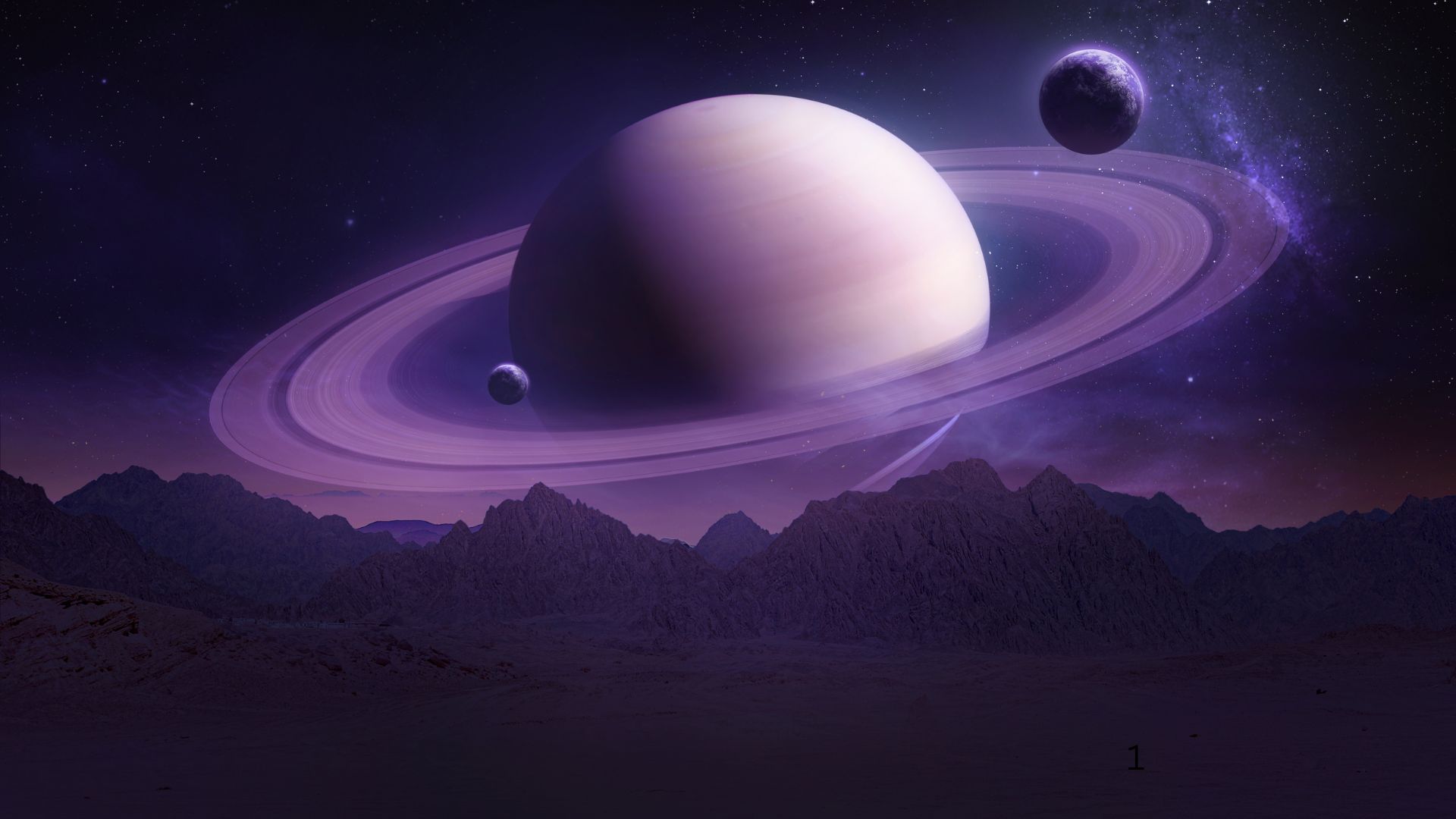
Way out in space, far beyond Earth, are two giant planets called Neptune and Uranus. These planets are much bigger than Earth and are very cold. They are not made of solid ground like Earth. Instead, they are mostly made of gas and ice. When we look at them through telescopes, they appear blue and green because of the gases in their skies. For many years, scientists have wondered if there could be oceans hidden deep inside these planets. And even more exciting, some have asked if these oceans could have life in them.
Even though Neptune and Uranus are very cold on the outside, the inside of these planets is not the same. Deep under their clouds and gases, scientists believe there might be hot and watery layers. These are not oceans like the ones we swim in, but they may be made of water, ammonia, and other icy things that have melted because of heat from inside the planet. It’s kind of like a big slushy that’s been warmed up from the bottom. These warm, watery layers are very deep down and may be trapped under thick layers of ice and gas. That makes it very hard to know for sure what is down there, but scientists use special tools and math to make smart guesses.
One thing that makes scientists think life could exist there is that life on Earth can survive in very strange places. On the bottom of Earth’s oceans, where it’s dark and cold, some tiny creatures live near hot vents. These vents push out heat and chemicals from deep in the Earth, and the creatures use those chemicals to live. They don’t even need sunlight. If life can do that on Earth, maybe it can do that in the deep oceans of Neptune and Uranus too. The idea is that if those planets have heat, water, and the right kinds of chemicals, then maybe tiny life could grow there too.
Still, there are many hard things about living on Neptune or Uranus. The pressure deep inside those planets is super strong. It would crush any spaceship or machine we have today. And since they are so far away from the Sun, they are very, very cold on the outside. Even their sunlight is dim. That means it would be really hard for any kind of life to survive unless it lived deep where it’s warmer and had a different way of getting energy. On Earth, most living things need sunlight, but maybe in those planets, life would use heat and chemicals instead.
Scientists have not been able to send a spacecraft to Neptune or Uranus to check directly yet. The only spacecraft that ever got close was Voyager 2, and that was many years ago. It flew by and took pictures, but it couldn’t go inside the planets. Today, scientists are working on ideas for new missions that could go back and study these planets more closely. They want to send special probes that can look into the clouds and maybe even see signs of water or heat deep inside. This could help us learn more about how these planets work and whether they might have hidden oceans.
It’s also exciting to think about these planets because if they do have oceans, they would be very different from Earth’s oceans. They would be full of strange chemicals and would be under huge amounts of pressure. Any life there would have to be very different from life we know. Maybe it would be tiny and live in the dark, or maybe it would float in the water and feed off minerals. We don’t know yet, but thinking about it helps scientists come up with new ideas about life in space.
Some scientists also think that moons around these planets might have oceans too. For example, Triton is a moon that goes around Neptune, and it may have an ocean under its icy surface. Moons like this are easier to study than the big planets, so scientists are also interested in exploring them. If we find life on one of these moons, it could help us understand if Neptune or Uranus might have life too.
Even though we don’t know for sure if there is life on Neptune or Uranus, it’s still fun and important to ask the question. Wondering about life in space helps us learn more about our own planet. It helps us think about what life really needs and how it might survive in strange places. It also shows how big and amazing the universe is, and how much there is still to explore.
So, could Neptune or Uranus support life in their oceans? Maybe. We don’t have the answer yet, but every new discovery brings us a little closer. Until then, we can keep dreaming, wondering, and exploring. And maybe one day, a spacecraft will dive into those faraway planets and find something amazing hiding deep beneath the clouds.



Leave a Comment